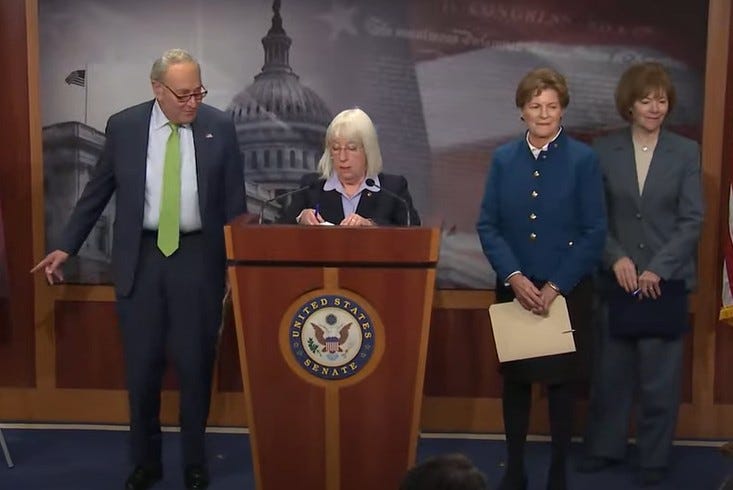The House of Representatives is poised to vote on a bill compelling the Department of Justice to release files related to Jeffrey Epstein, a case shrouded in controversy and unanswered questions. Speaker Mike Johnson, despite harboring reservations, announced his support for the measure, acknowledging the strong desire for transparency among his Republican colleagues.
Johnson’s decision wasn’t without internal conflict. He expressed concern that the bill, as written, lacked sufficient safeguards for victims and innocent individuals whose names might be inadvertently exposed. This potential for harm weighed heavily on his deliberation, yet the call for openness proved too strong to ignore.
The legislation itself is a surprising alliance, born from the collaboration of Democrat Ro Khanna and Republican Thomas Massie – a pairing notable given Massie’s history as a vocal critic of both Johnson and former President Trump. Remarkably, Trump himself signaled his approval for the bill, adding another layer of complexity to the political dynamics at play.
For months, House GOP leadership resisted the bill, arguing it prioritized transparency over the protection of those not directly involved in the crimes. They also maintained that an ongoing bipartisan investigation was already diligently uncovering information. However, the pressure for a full public accounting of the Epstein case ultimately shifted the landscape.
Johnson anticipates the bill will pass with near-unanimity, driven by a shared desire to demonstrate a commitment to maximum transparency. He hopes the Senate will amend the legislation to address his concerns regarding privacy and potential harm to future investigations.
The Speaker warned of a potentially “chilling effect” on future law enforcement efforts. He fears that the threat of public exposure could deter potential whistleblowers and informants, hindering investigations and jeopardizing undercover operations. The release of names could compromise ongoing work and endanger individuals.
Johnson recounted his attempts to address these concerns with Khanna and Massie, stating his suggestions were met with firm resistance. He described their response as a blunt dismissal of his proposed changes.
Khanna and Massie, alongside Representative Marjorie Taylor Greene, issued a direct warning to the Senate: do not obstruct the bill’s progress. Massie explicitly cautioned against any amendments that would impede the disclosure of information, framing any such action as a betrayal of the public trust.
The impending vote represents a pivotal moment in the ongoing effort to unravel the complexities surrounding the Epstein case. It underscores the tension between the public’s right to know and the need to protect individuals and maintain the integrity of future investigations.






